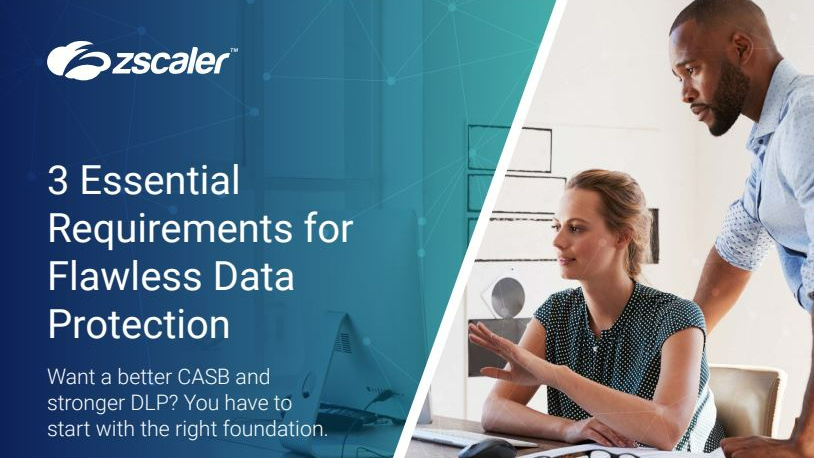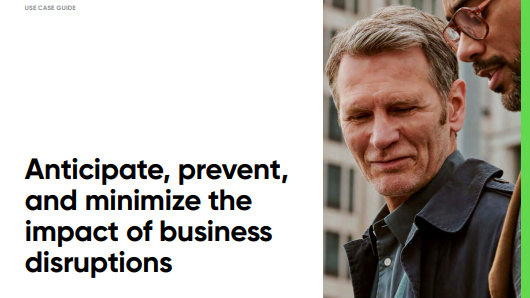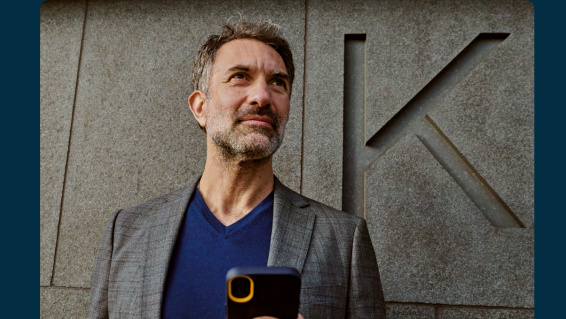NHS Digital seeks private healthcare data to augment its own patient records
New initiative will merge public and private patient data for the first time

NHS Digital is set to capture private healthcare data for the first time, adding this information to its own datasets on patients in a fresh data-sharing initiative.
Aiming to improve consistency of the way data is recorded across the entire UK health sector, NHS Digital and the Private Healthcare Information Network (PHIN) are jointly leading the Acute Data Alignment Programme (Adapt).
The bid to improve the overall quality of patient data seeks to address a longstanding issue where NHS records of patients who have also been treated privately are incomplete.
"This will be an important, practical step in taking forward the safety agenda in the independent sector," said secretary of state for health and social care Jeremy Hunt.
PHIN, an independent not-for-profit organisation, is responsible for gathering and publishing performance from the UK's private healthcare sector. The mutual, cost-free relationship will also involve the Department for Health and Social Care (DHSC), NHS England, NHS Improvement, and the Care Quality Commission (CQC).
Phase one of the agreement, expected to be completed in 2018/19, will see the parties to publish all the information mandated by the Competition and Markets Authority (CMA), while phase two will aim to redirect data for around 750,000 privately-funded treatments each year from PHIN to NHS Digital, with a public consultation on the scope of the partnership expected later this year.
No identifiable NHS patient data would be shared with PHIN under the current plans, NHS Digital told IT Pro.
Get the ITPro daily newsletter
Sign up today and you will receive a free copy of our Future Focus 2025 report - the leading guidance on AI, cybersecurity and other IT challenges as per 700+ senior executives
"Integrating data from private suppliers into NHS systems will improve the completeness of records for patients whose care is split across private and NHS providers. This will improve safety, efficacy and convenience for these patients," said NHS Digital chief executive Sarah Wilkinson.
"In addition it will provide insights into patient outcomes in the private sector and how they compare to the NHS. These insights will help increase standards of care in both sectors."
NHS Digital has been working hard to raise the level and quality of data sharing in the healthcare sector, recently making 1.5 million in grants available to support projects that better integrate data between the disjointed health and social care strands of the system.
But the public health service has a chequered history of sharing data, involving high-profile blunders and failed initiatives such as the troubled care.data scheme.
High-profile examples of data-sharing misdemeanours that have eroded public trust in recent years include the DeepMind scandal, in which Google's AI arm was given access to data on 1.6 million patients without their consent at three Royal Free NHS Trust hospitals in London.
NHS Digital itself came under fire earlier this year for a widely-criticised agreement it had struck with the Home Office in which non-clinical patient data was shared with the department for immigration enforcement. Following widespread criticism the data-sharing agreement was revised.
As per the National Data Guardian (NDA), Dame Fiona Caldicott, 2016 recommendations, NHS Digital last month announced plans to launch a data opt-out tool for patients in England who want to opt-out of sharing confidential information for use in research and planning.
Coinciding with the introduction of the EU's General Data Protection Regulation (GDPR), the tool will collect patient preferences between now and 2020, by which time organisations across England will be expected to apply the choices made to data-sharing decisions.
NHS Digital told IT Pro that confidential patient data shared as part of the Adapt programme will be processed in line with GDPR rules, and will only be shared once these have been satisfied. Additionally, shared data will be anonymised in line with the Information Commissioner's Office (ICO) code of practice.

Keumars Afifi-Sabet is a writer and editor that specialises in public sector, cyber security, and cloud computing. He first joined ITPro as a staff writer in April 2018 and eventually became its Features Editor. Although a regular contributor to other tech sites in the past, these days you will find Keumars on LiveScience, where he runs its Technology section.
-
 Tech leaders worry AI innovation is outpacing governance
Tech leaders worry AI innovation is outpacing governanceNews Business execs have warned the current rate of AI innovation is outpacing governance practices.
By Emma Woollacott
-
 The business value of Zscaler Data Protection
The business value of Zscaler Data ProtectionWhitepaper Understand how this tool minimizes the risks related to data loss and other security events
By ITPro
-
 Top data security trends
Top data security trendsWhitepaper Must-have tools for your data security toolkit
By ITPro
-
 Three essential requirements for flawless data protection
Three essential requirements for flawless data protectionWhitepaper Want a better CASB and stronger DLP? You have to start with the right foundation
By ITPro
-
 PowerEdge - Cyber resilient infrastructure for a Zero Trust world
PowerEdge - Cyber resilient infrastructure for a Zero Trust worldWhitepaper Combat threats with an in-depth security stance focused on data security
By ITPro
-
 SEC data breach rules branded “worryingly vague” by industry body
SEC data breach rules branded “worryingly vague” by industry bodyNews The new rules announced last week leave many questions unanswered, according to security industry experts
By Ross Kelly
-
 Anticipate, prevent, and minimize the impact of business disruptions
Anticipate, prevent, and minimize the impact of business disruptionsWhitepaper Nine best practices for building operational resilience
By ITPro
-
 Three steps to transforming security operations
Three steps to transforming security operationsWhitepaper How to be more agile, effective, collaborative, and scalable
By ITPro

